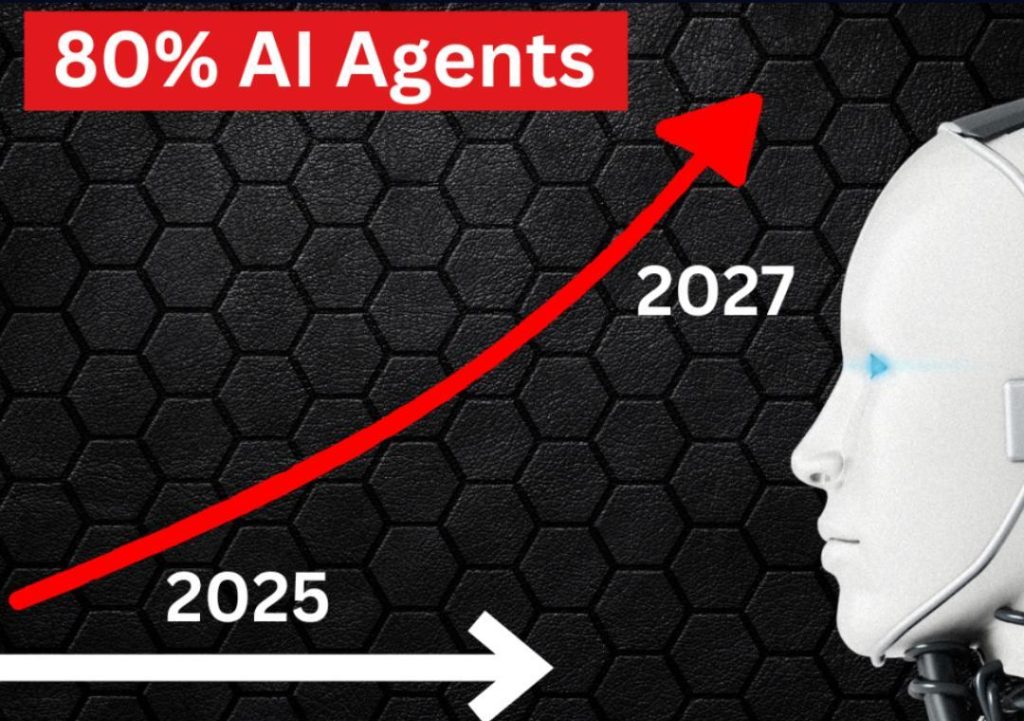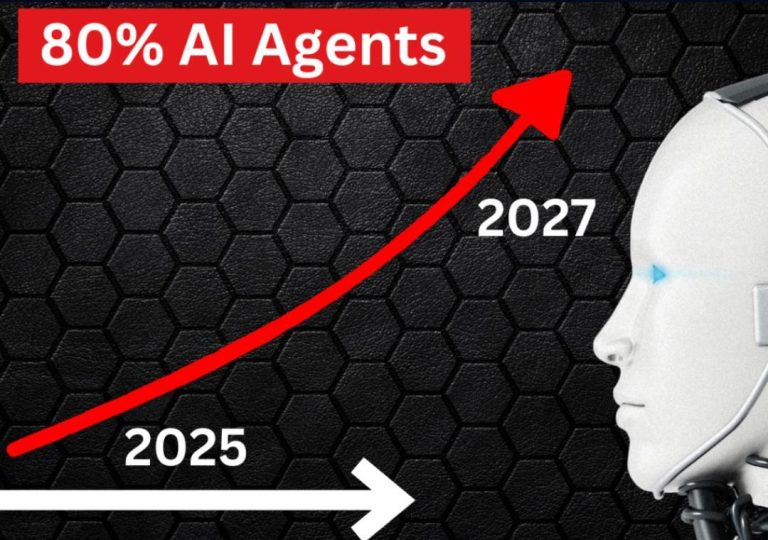
80% of Analysts’ Time Can be Automated Now
In today’s fast-paced business environment, data analysis is a crucial aspect of decision-making. Marketers, in particular, rely heavily on data-driven insights to inform their strategies and optimize their campaigns. However, the process of analyzing and interpreting data can be time-consuming and labor-intensive. Analysts often spend a significant amount of time manually collecting, cleaning, and analyzing data, leaving little room for creative strategy and high-impact decision-making.
But what if we told you that up to 80% of analysts’ reporting tasks can be automated? Introducing Deep Data Copilot, a revolutionary new tool that’s changing the game for marketers and analysts across India. In this blog post, we’ll explore the benefits of automation in data analysis, the challenges faced by analysts, and how Deep Data Copilot is solving these issues.
The Challenges Faced by Analysts
Analysts are faced with a daunting task: extracting insights from vast amounts of data to inform business decisions. However, traditional methods of data analysis are often manual, time-consuming, and prone to errors. Here are some of the challenges analysts face:
- Data fragmentation: Analysts often need to collect data from multiple sources, including spreadsheets, databases, and CRM systems. This can lead to data inconsistencies, errors, and a lack of visibility into key metrics.
- Manual data cleaning: Analysts spend a significant amount of time cleaning and preparing data for analysis. This can be a tedious and time-consuming process, especially when dealing with large datasets.
- Limited visibility into key metrics: Analysts often struggle to get a clear view of key metrics and KPIs, making it difficult to identify trends, anomalies, and areas for improvement.
- Lack of time for strategic analysis: With so much time spent on manual data analysis, analysts often have little time left for strategic analysis, creative thinking, and high-impact decision-making.
The Benefits of Automation
Automation can significantly alleviate these challenges and free analysts to focus on high-impact tasks. Here are some of the benefits of automation in data analysis:
- Increased efficiency: Automation can speed up the data analysis process, reducing the time spent on manual tasks and allowing analysts to focus on more strategic activities.
- Improved accuracy: Automation can reduce errors and inconsistencies, ensuring that data is accurate and reliable.
- Enhanced visibility: Automation can provide analysts with real-time visibility into key metrics and KPIs, enabling them to identify trends, anomalies, and areas for improvement.
- More time for strategic analysis: With automation handling routine tasks, analysts can focus on high-impact activities such as strategy development, creativity, and innovation.
Introducing Deep Data Copilot
Deep Data Copilot is a cutting-edge tool that automates up to 80% of analysts’ reporting tasks. Developed by GrowthJockey, a leading marketing solutions provider, Deep Data Copilot uses AI-powered technology to interpret metrics, flag anomalies, and suggest next steps.
Here’s how it works:
- Data ingestion: Deep Data Copilot ingests data from various sources, including spreadsheets, databases, and CRM systems.
- Data analysis: The tool uses advanced analytics and machine learning algorithms to analyze the data, identifying trends, anomalies, and areas for improvement.
- Insight generation: Deep Data Copilot generates actionable insights and recommendations, flagging potential issues and suggesting next steps.
- Visualization: The tool provides real-time visualization of key metrics and KPIs, enabling analysts to easily identify trends and areas for improvement.
Case Study: How Deep Data Copilot is Revolutionizing Data Analysis
We recently worked with a leading e-commerce company to implement Deep Data Copilot. The company’s analysts were struggling to keep up with the volume of data, spending too much time on manual analysis and not enough time on strategic planning.
By implementing Deep Data Copilot, the company’s analysts were able to automate up to 80% of their reporting tasks, freeing them up to focus on high-impact activities such as strategy development and creative thinking. The company saw a significant reduction in data analysis time, from 5 hours to just 1 hour per week.
Conclusion
In conclusion, automation is revolutionizing the world of data analysis, freeing analysts to focus on high-impact tasks and enabling them to make more informed decisions. Deep Data Copilot is a game-changing tool that’s changing the way marketers and analysts work. By automating up to 80% of analysts’ reporting tasks, Deep Data Copilot is empowering teams to focus on what matters most: creative strategy and high-impact decision-making.



